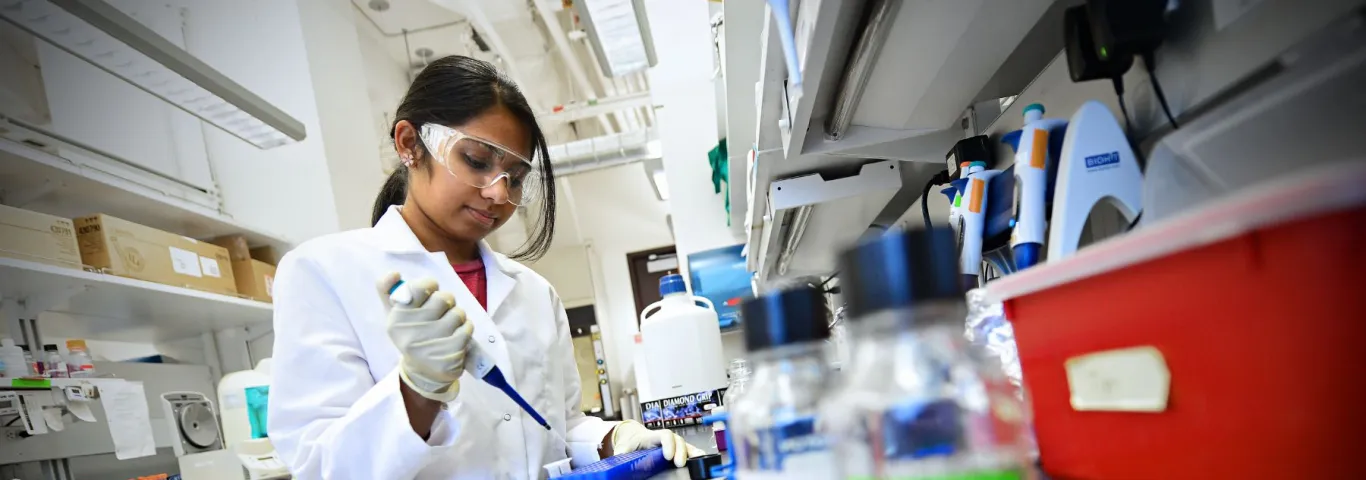This award is now merged into the SURGE program.
The Summer Undergraduate Research Guided Experience (SURGE) program merges two previously distinct summer awards, BioSURF and SURA, into a unified OUR summer award program. This strategic merger not only offers a streamlined student and faculty experience, but it also reflects and encompasses the diverse range of inter-, cross-, and transdisciplinary inquiry that WashU undergraduates and faculty engage in.
SURGE offers increased flexibility for students, who can collaborate with their faculty mentors to design a summer project timeline that best meets their goals and needs. SURGE also invites students into an inclusive and enriching undergraduate research community, which welcomes all methods and modalities of systematic inquiry.
SURGE submissions open December 15, 2025. Visit the SURGE webpage for more information.

